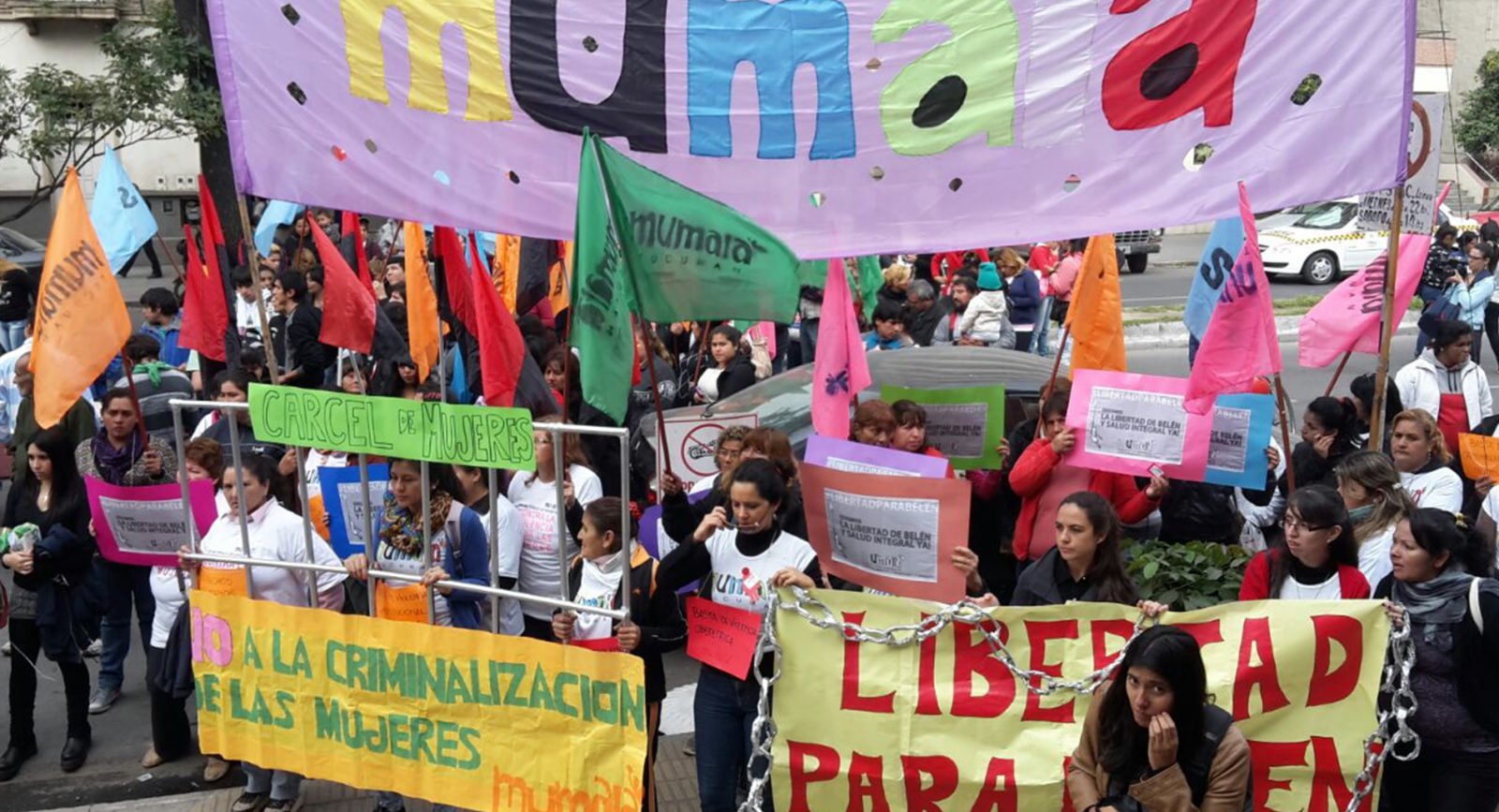A ruling to release a woman sentenced to eight years in prison after having a miscarriage in Argentina is a step forward for human rights in the country, Amnesty International said.
Last night the Supreme Court of Tucumán, a state in north Argentina, said there were not enough reasons to keep Belén, 27, in pre-trial detention. The Supreme Court of Tucumán is yet to issue a final ruling on the eight-year sentence imposed on Belén by the lower court. Belén is expected to be released from jail today.
“Belén’s release is extremely positive and long awaited news. What we need to see now is for the charges against her to be dropped. Belén should have never been held behind bars in the first place, having a miscarriage is not a crime,” said Mariela Belski, Executive Director at Amnesty International Argentina.
“Belén should have never been held behind bars in the first place, having a miscarriage is not a crime.”
Mariela Belski, Amnesty International Argentina
On 26 July, Amnesty International handed over more than 120,000 petitions from across the globe to local authorities, urging for Belén to be released.
Background Information
In March 2014, then 25-year-old Belén went to a state hospital in San Miguel de Tucumán, a city in northern Argentina, complaining of severe abdominal pains. At the hospital, a doctor told Belén that she was 22 weeks pregnant and experiencing a miscarriage. Belén was unaware that she was pregnant. She was kept in hospital for care.
Medical staff found a foetus in a hospital bathroom and claimed it was Belen’s, without any evidence or DNA analysis to prove she had any relationship to the foetus. A nurse brought a box containing the foetus to Belén’s bedside, claiming it was ‘her son’ and insulting her, Belén says.
The hospital staff reported Belén to the police, claiming that she had induced an abortion, rather than had a miscarriage. The person who causes an abortion can face prison from one to four years in Argentina. The law permits abortion when the life or health of a pregnant woman is at risk or when the pregnancy is the result of rape. Miscarriages or other complications during pregnancy are not criminalized.
The law permits abortion when the life or health of a pregnant woman is at risk or when the pregnancy is the result of rape. Miscarriages or other complications during pregnancy are not criminalized.
The next thing Belén knew, she woke up in the hospital bed after surgery surrounded by police, who subjected her to intrusive physical examinations of ‘private parts of her body’.ac.
The medical professionals hadn’t proven Belén’s relation to the foetus and they had failed to protect her right to patient confidentiality. Belén was charged with inducing an abortion.
Belén has been held in pre-trial detention for more than two years, awaiting trial and now annulment of her sentence. The prosecutor changed her charge to aggravated murder for the premeditated killing of a close relative – a crime that carries prison sentences of up to 25 years.



